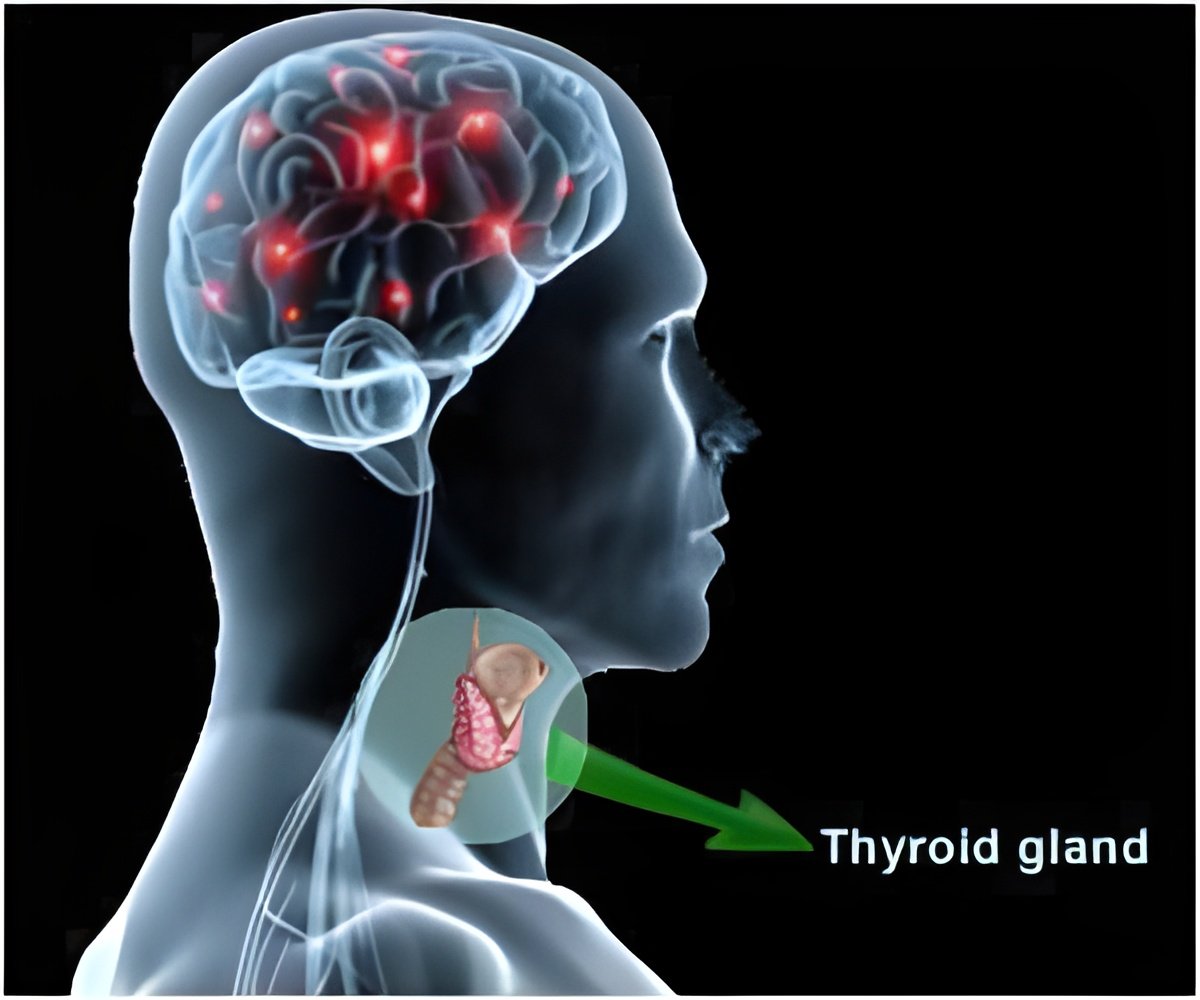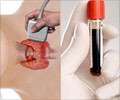Some individuals do not regain optimal health on Levothyroxine (L-T4) monotherapy, although this has been the standard of care for treating hypothyroidism for long and has been effective.

Task force co-chairs J. Jonklaas and A.C. Bianco, with colleagues from the Clinical and Translational Science sub-committees, coauthored the Guidelines on behalf of the American Thyroid Association Task Force on Thyroid Hormone Replacement. The authors reviewed the clinical literature related to three main therapeutic categories: levothyroxine therapy; non-levothyroxine-based thyroid hormone therapies (including thyroid extracts, synthetic combination therapy, triiodothyronine therapy, and compounded thyroid hormones); and use of thyroid hormone analogues.
The task force concluded that levothyroxine should remain the standard of care for treating hypothyroidism, noting that no consistently strong evidence supports the superiority of alternative therapies. They emphasize that the recommendations are intended to guide physicians' clinical decision-making on thyroid hormone replacement therapy for individual patients.
"These very comprehensive guidelines provide a superb overview on the current evidence about treatment modalities for patients with hypothyroidism," says Peter A. Kopp, MD, Editor-in-Chief of Thyroid and Associate Professor of Medicine, Division of Endocrinology, Metabolism and Molecular Medicine, Northwestern University Feinberg School of Medicine, Chicago, Illinois. "In addition, the document highlights gaps in our knowledge and indicates which topics are in need of future research, for example the need for long-term outcome clinical trials testing combination therapies and continuing research on thyroid hormone analogs."
"These ATA guidelines, developed by an expert team, provide useful, up-to-date information on why to treat, including subclinical disease, who to treat, and how to treat hypothyroidism. Information is evidence-based and recommendations are graded. I think they will be used extensively by all clinical endocrinologists, especially by our members," says Hossein Gharib, MD, President of the ATA, Professor of Medicine, Mayo Clinic College of Medicine, Rochester, Minnesota.
Source-Eurekalert











